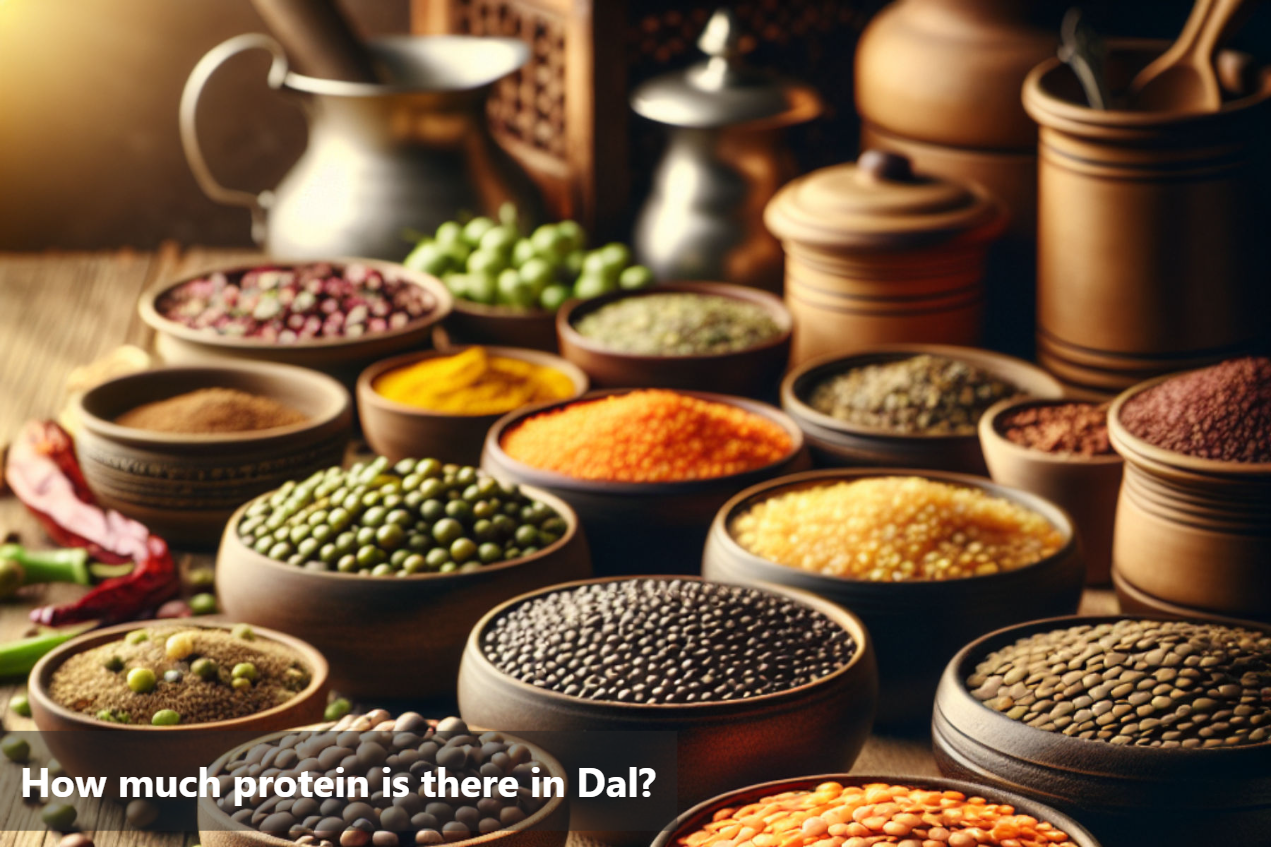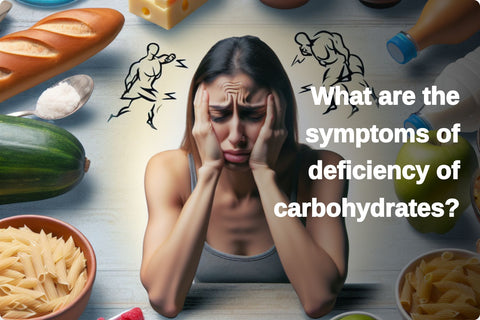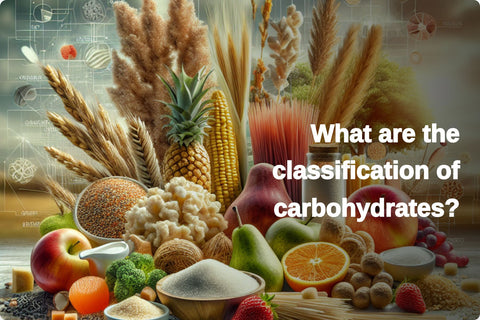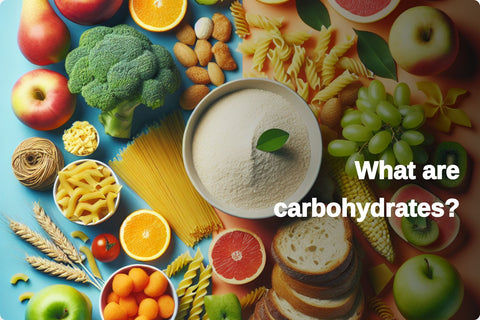
How much protein is there in Dal?
Protein plays a crucial role in our diet as it is essential for various functions in the body, such as muscle building, repairing tissues, and supporting a healthy immune system. One common misconception is that obtaining enough protein solely from vegetarian sources like dal can be challenging. However, dals are actually rich in protein and can be a great plant-based protein option. For example, lentils, chickpeas, black gram, and pigeon peas are high in protein content and can be excellent sources of this essential nutrient.
When it comes to protein content in dal, it is important to note that the amount can vary based on the type of dal and how it is prepared. On average, one cup of cooked dal can provide around 15-20 grams of protein, making it a significant contributor to your daily protein intake. Incorporating a variety of dals in your meals can help ensure that you are meeting your protein requirements.
Therefore, contrary to common misconceptions, dals are not only delicious and versatile but also pack a powerful protein punch. Including dals in your diet can be a nutritious way to boost your protein intake, especially for individuals following a vegetarian or plant-based diet.
Nutritional Profile of Dal
Dal (1 bowl) |
Nutritional Facts |
Calories |
198 calories |
Carbs |
26.18 g |
Fat |
6.32 g |
Protein |
10.36 g |
Sodium |
370 mg |
Potassium |
516 mg |
Iron |
4.34 mg |
Calcium |
60 mg |
Vitamin A |
41 mcg |
Vitamin C |
6.5 mg |
Protein content in different types of dal
Chana Dal (Split Chickpeas) |
Approximately 20-21 grams of protein per 100 grams of dry dal. It's a good source of dietary fiber and iron. |
Toor Dal (Split Pigeon Peas) |
About 11 grams of protein per 100 grams. Toor dal is also rich in folic acid, essential for cell growth and metabolism. |
Moong Dal (Split Green Gram) |
Offers around 24 grams of protein per 100 grams, making it one of the highest protein-containing dals. It's also light and easy to digest. |
Masoor Dal (Split Red Lentils) |
Contains about 25 grams of protein per 100 grams, alongside significant amounts of iron, fiber, and B vitamins. |
Urad Dal (Split Black Gram) |
Has about 24 grams of protein per 100 grams. It's also known for its rich content of dietary fiber, potassium, and iron. |
Rajma (Kidney Beans) |
Although not traditionally referred to as dal when whole, it contains about 23 grams of protein per 100 grams when cooked. It's a good source of complex carbohydrates, fiber, and vitamins. |
Lobia (Black-Eyed Peas) |
Provides about 13 grams of protein per 100 grams. It's also rich in potassium, calcium, and vitamin A. |
Factors influencing protein content in dal
Cooking methods such as boiling, pressure cooking, or slow cooking can influence the protein retention in dal. For example, overcooking dal may lead to a loss of protein content due to breakdown during prolonged exposure to heat.
Processing techniques like soaking dal before cooking can help enhance the bioavailability of proteins present. This simple step can improve the digestibility and absorption of protein from dal.
Combining dal with complementary proteins like multigrain protein atta roti can create a complete protein source, ensuring a balanced amino acid profile. This combination can boost the overall protein quality of the meal.
Understanding these variations can help in making informed choices based on personal dietary needs and preferences.
Recommended daily protein intake from dal
In order to determine the recommended daily protein intake from dal, it is essential to consider various factors such as age, gender, and activity level.
The protein content in dal varies depending on the type of dal you choose to consume. For instance, some dals like chickpeas and lentils are known to be high in protein compared to others like black gram or pigeon peas.
Considering an average scenario, one cup of cooked dal generally contains around 15-20 grams of protein. However, exact protein content may vary slightly based on the specific type of dal and the cooking method used.
When calculating how much dal to include in your daily diet to meet protein requirements, it is recommended to refer to dietary guidelines based on individual factors.
For example, an adult male with moderate activity levels may aim to consume about 1.5-2 cups of dal per day to meet his protein needs, while a sedentary adult female may require slightly less.
It is advisable to consult a nutritionist or refer to reliable sources to determine the ideal protein intake from dal based on your personal requirements. Ensuring adequate protein consumption from dals can contribute significantly to maintaining a balanced and nutritious diet.
The Protein Power of Dal
Exploring the protein content in different types of dal like lentils, chickpeas, black gram, and pigeon peas, it is evident that each variety offers a unique protein profile, making them valuable options for vegetarians and vegans looking to amp up their protein intake.
Moreover, several factors influence the protein content in dal, such as cooking methods, processing techniques, and ingredient combinations. These variables can impact the overall protein availability in the cooked dal, emphasizing the need to pay attention to preparation methods.
Tailoring your dal consumption to meet your specific protein requirements can play a vital role in maintaining a balanced and nutritious diet. Dal serves as a rich and versatile source of protein, making it a valuable addition to a well-rounded diet. By incorporating various dals into your meals, you can ensure an adequate protein intake while enjoying diverse flavors and nutritional benefits.
This Blog post is an initiative by Lo Foods, to provide accurate and Nutritionist / Doctor approved information related to Health. Lo Foods is India's leading brand for Everyday Functional Foods. Foods designed for specific Health conditions or Needs. Lo Foods also runs India's largest range of Low Carb Healthy Cloud Kitchens, under the brand names of Lo!, ProteinChef, ATH (All Things Healthy) and DiabeSmart.













Leave a comment
Your email address will not be published.